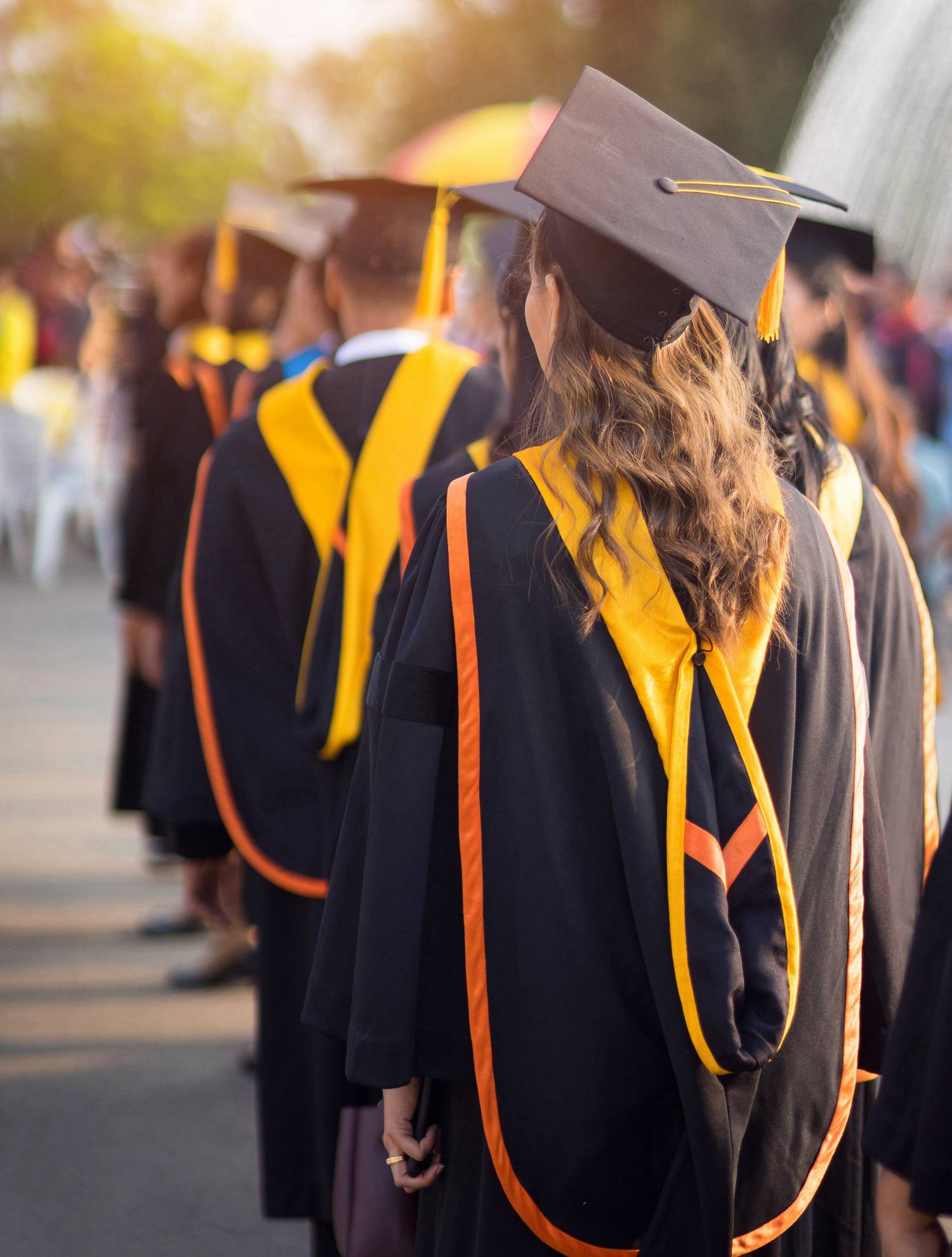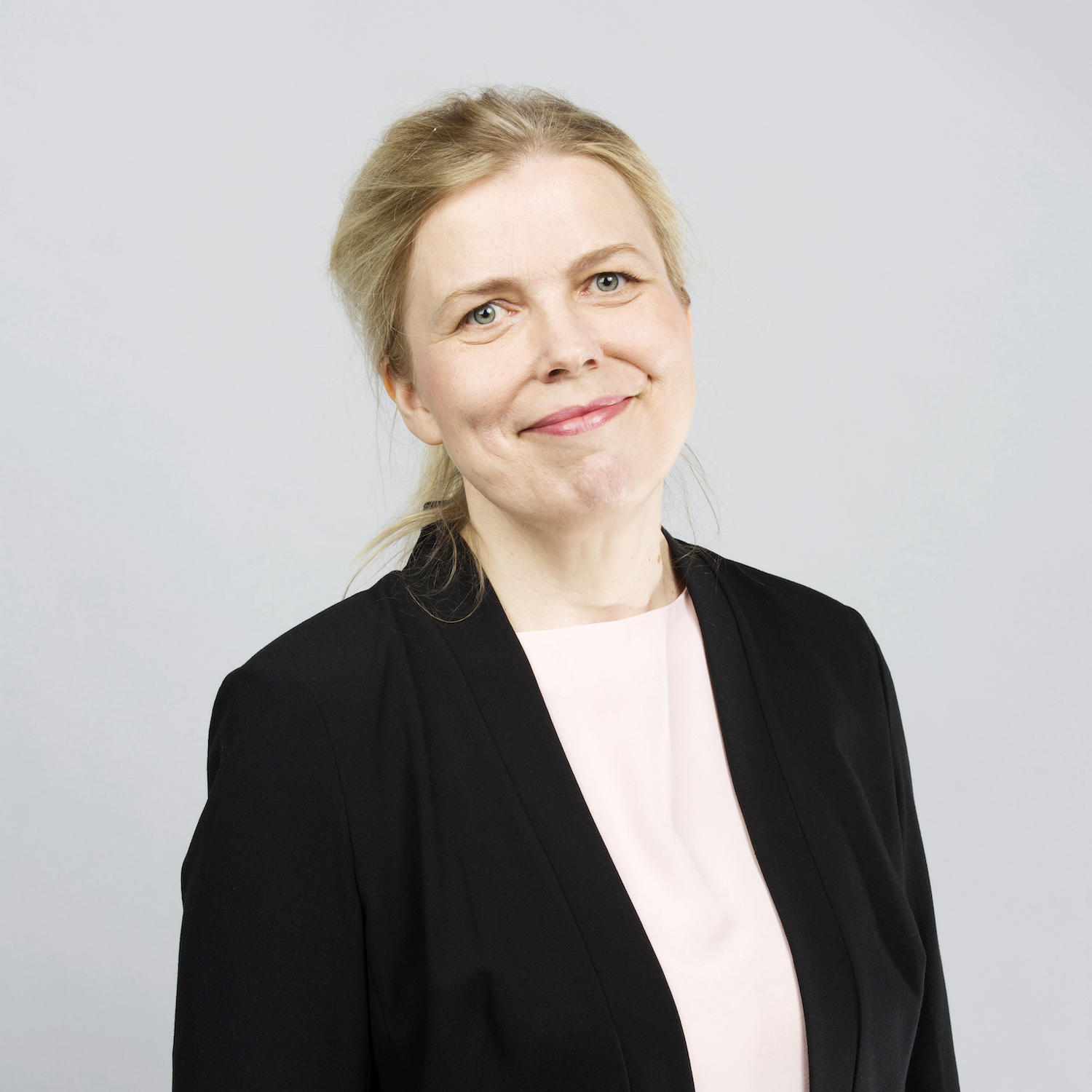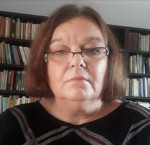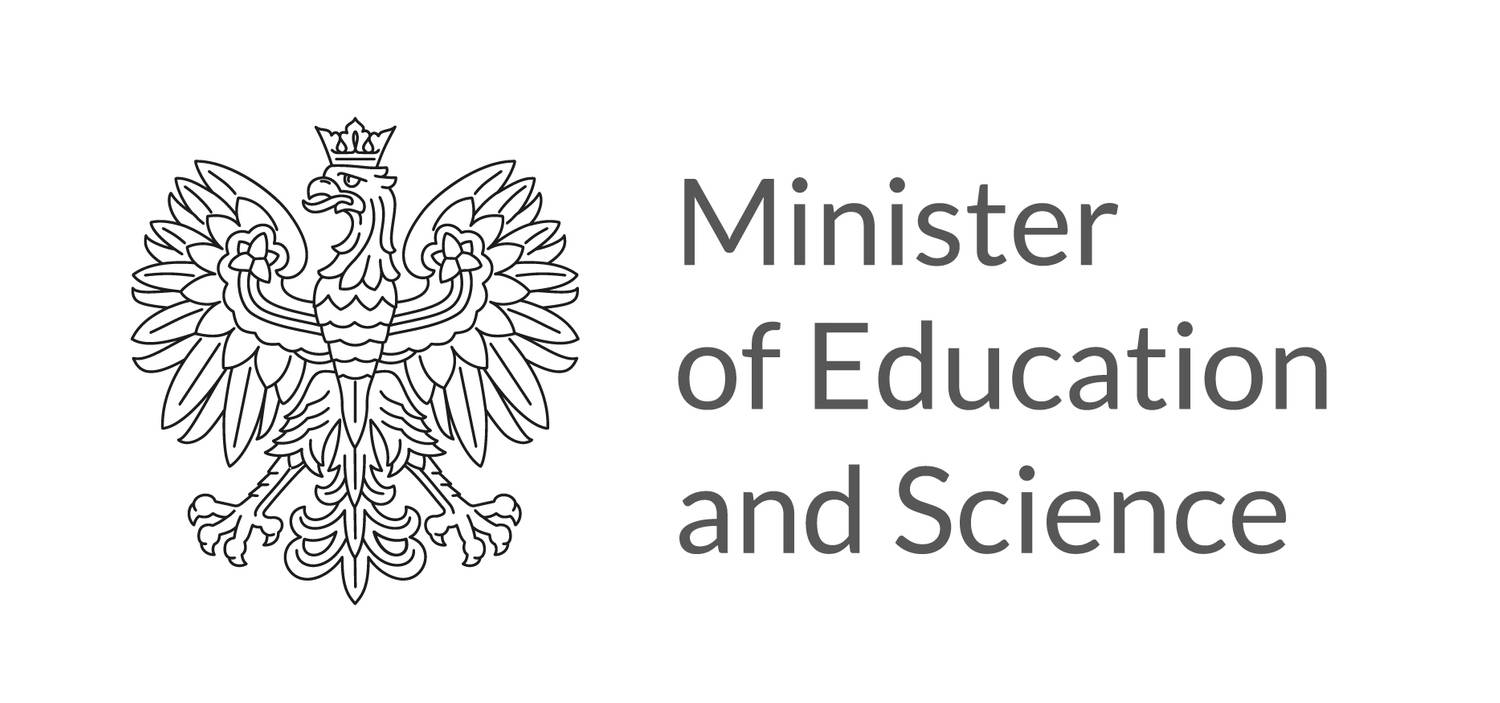
Global education - how to connect Asia and CEE?
An online conference held at the University of Warsaw
The conference will be one of the forums of communication and exchange of practices in terms of the advancement of internationalisation of higher education, through disseminating expert knowledge among participants about global trends in education and international cooperation of universities from Asia and Central and Eastern Europe.
The subject matter of the conference responds to the changes in the mobility structure of students and scientists from Asia and the countries of our region, to which the revival of political contacts between Asian countries (especially China) contributed. In the regional dimension, the formula of multilateral cooperation between China and the countries of Central and Eastern Europe is being continued - through, ie. the "17 plus 1 formula", which China treats as a long-term and comprehensive project to improve bilateral relations with the countries of the region.
China, as the growing superpower, has several well established higher education institutions with high influence on the global education market. The significance of Chinese universities and their international reputation (represented i.a. in international rankings) is spreading year after year.
Meanwhile, higher education institutions from the CEE region, often dating back to the medieval, renaissance and enlightenment eras are striving to re-establish themselves on the global education market after opening to the West in the 1990s. While offering high-quality programmes of learning and increasingly good conditions for study and research, the influence and position of the CEE Universities still require growth.
A common mechanism of achieving such is through cooperation with foreign, well-established institutions and adoption of best practices and it requires effective communication and exchange of modes of operation.
Stay tuned for this year’s full lineup that is coming up soon.
Elena Sychenko is an associate professor at Saint Petersburg State University. She received her PhD degree from the University of Catania in 2016, a master degree with honours from Saint Petersburg State University. She is teaching Russian labour law, International and EU labour law as well as comparative law. In 2019 she received a prestigious Jean Monnet Module to teach European labour law, in 2018 – a certificate from the Council of Europe to teach online the courses on human rights at the HELP platform. During the last five years of extensive research work she published about twenty articles in peer-reviewed journals in Russian, English, French and Italian and two books in Russian. She is a regular contributor to French and Italian legal journals. She is a regional representative of the CIELO (Comunidad para la investigacion y el estudio laboral y ocupacional) network of labour scholars, a member of the association ‘Lawyers for labour rights’ (Moscow, Russia).
Bing Liang serves as Director of China Admissions at Schwarzman College, Tsinghua University, where she works on recruiting Schwarzman Scholars from Chinese mainland, Hong Kong, Macao and Taiwan. Prior to joining Schwarzman College in 2014, she served on fundraising and school development at Tsinghua University School of Economics and Management, as Supervisor of Development Office. Bing also has fifteen years’ experience in international sport events planning and operation. She served as Planning Manager and Operations Manager, she was involved in three Olympic Games, three World Championships and many other world-class events.
Beryl ter Haar is University of Warsaw Professor and Director of the Centre for International and European Labour Law Studies (CIELLS) at the University of Warsaw. She is also guest lecturer at Leiden University. Her research activities focus on new developments in international, European and transnational labour law, including developments such as new governance, global or transnational company agreements, CSR and forms of transnational private regulation. She is a member of several editorial boards and her research has been published in national and international journals. Her teaching activities include introduction to Dutch labour law, European and international labour law, and comparative (labour) law. Beryl is one of the initiators of the Hugo Sinzheimer Moot Court Competition on European and international labour law. She holds the 2011 Marco Biagi Award; and in 2014 she won the first prize for the best international publication in labour law awarded by the Levenbach Institute.
Dr. Brent Haas is an Associate Dean of Yenching Academy of Peking University. A native of Charlotte, North Carolina USA, Dr. Haas began his study of China as an undergraduate student, when a freshman survey of Chinese history changed the course of his studies and career. He made his first trip to Beijing as a student at an intensive language program in the summer of 1999. After graduating from Georgetown University with a major in History and a minor in Chinese, he returned to Beijing to continue his language study at the Inter-University Program (IUP) for Chinese Language Studies during the 2002-2003 academic year. He received his M.A. and Ph.D. from the University of California, San Diego, where he studied Modern Chinese History under the guidance of Joseph W. Esherick and Paul G. Pickowicz. He has taught courses on East Asian civilization, modern Chinese history, Sino-American relations, Chinese images of the “West”, frontiers and borderlands in Chinese history, and Chinese nationalism at Duke Study in China, Duke University, St. Mary’s College of Maryland, the University of California Education Abroad Program, The Beijing Center for Chinese Studies, and Peking University. Dr. Haas has managed study abroad programs in China for Duke University and the University of California Education Abroad program (UCEAP), as well as the Inter-University Program (IUP) for Chinese Language Studies at Tsinghua University.
PhD of Law, Professor of Constitutional Law, Director of Office of Policy and Regulation Jilin University. Standing Director of China Constitutional Law Society; President of Constitutional Law Society of Jilin Province Law Society; Legislative Counsel of the People’s Congress of Jilin Province.
Her research area includes Constitutional Law and Administrative Law, Legislative Science, History of Chinese Legal Thoughts.
Her major publications include Constitutional Control on the Budgetary Powers (2019); On Supervision Power of the Local People’s Congress (2013); The World of Judicial Officials: Historical Perspective on Professionalization of Lawyers in China (2007).
She teaches undergraduate and postgraduate courses, including Constitutional Law, Comparative Constitutional Law, History of Legal Thoughts.
Dr. Piotr Kajak, assistant professor at the Centre of Polish Language and Culture for Foreigners Polonicum, Faculty of Polish Studies, University of Warsaw. Teaches Polish as a Foreign/Second/Heritage Language. Obtained his degrees from cultural studies, Slavic studies, foreign language acquisition, and political sciences. 2011-2014 visiting professor at the Department of Slavic Languages and Literatures, University of Toronto.
Lectured at universities: Comenius in Bratislava, Leipzig, ELTE in Budapest, in Potsdam, in Barcelona, in Vilnius, Eberhard Karl in Tubingen, in Glasgow, in Ostrava, in New Delhi, in Calcutta, in Manipal, Kyungpook National University in Daegu, Sichuan in Chengdu, SISU in Shanghai, GDUFS in Guangzhou, Charles in Prague, Sorbonne in Paris, Columbia in New York, and Hankuk in Seul. Expert of the Polish National Agency for Academic Exchange. Since 2006 member of examining boards of the State Commission for the Certification of Proficiency in Polish as a Foreign Language, Ministry of Science and Higher Education.
Tomasz Wegner is a teacher in the Centre of Polish Language and Culture for Foreigners Polonicum, University of Warsaw. He worked as a teacher of Polish language and culture at the Harbin Normal University. He is involved in the program Polish+ (Polonistyka+) as a teacher and tutor. This program is a result of cooperation between the University of Warsaw and Sichuan University in Chengdu, and represents the contemporary needs of Chinese students learning Polish studies which give linguistic, cultural, and other skills useful for further cooperation in the Asian-CEE environment.
He is co-author and co-editor of the book on teaching the Polish language in China (University of Warsaw Press, estimated time of publication in 3rd quarter of 2021), co-author of the handbook for Polish children in the UK, examiner of State Certificate Examinations in Polish as a Foreign Language. His research is focused on the role of popular culture in teaching/learning languages and cultures.
Prof. Wen Shuangge is Professor and Vice Dean at the School of Law, Jilin University. She used to work at Swansea University and the University of Liverpool, prior to joining Jilin University in late 2014. She currently holds positions in a number of international academic institutions, including director of the China Commercial Law Academy, director of the China Security Law Academy, member of the European Association of Law and Economics, and member of the UK Higher Education Academy.
She has published widely in top international journals including Stanford Journal of International Law, American Business Law Journal, European Business Organization Law Review, Hong Kong Law Journal, Journal of Law and Society, and Business Ethics: A European Review. Acting as Principal Investigator (PI) or Co-PI, she has also successfully secured a number of research projects and grants. The international impact of her work has been evidenced by publication citations in multiple countries, including the US, the UK, Canada, Germany, France, Finland, Sweden, and South Korea.
Dr. Steve Terrett is the Director of the BLC and a senior lecturer at UW WPiA, where he has worked since 1998. He is a qualified advocate and an active member of the Regional Bar Association, where he sits on the International Relations Committee. He has designed and implemented EU co-funded projects to teach law and legal skills in various countries. He has worked at the Polish Constitutional Tribunal and taught on behalf of the Polish National School for Judges and Prosecutors and various government Ministries.
He is the head of the Warsaw branch of the British Law Centre (BLC). The BLC began in 1992 as an educational joint venture between the University of Cambridge and the University of Warsaw. Since then, it has gone from strength to strength and extended its educational activities into multiple countries in Central & Eastern Europe and beyond, including most recently China.
The BLC is organised by a UK-based charity, based at the University of Cambridge and involving a number of the Faculty’s academic staff, plus other important persons in the legal world. The head of the charity’s membership is Lord Robert Carnwath of the UK’s Supreme Court.
Björn Ahl is Professor and Chair of Chinese Legal Culture at the University of Cologne. Before joining the University of Cologne in 2012, he was Visiting Professor of Chinese Law, Comparative Public Law and International Law in the China EU School of Law at the Chinese University of Politi- cal Science and Law in Beijing. Prior to that he held a position as Assistant Professor of Law in the City University of Hong Kong.
He has also worked as Associate Director and Lecturer in the Sino German Institute of Legal Studies of Nanjing University and as a Researcher at the Max Planck Institute of Comparative Public Law and International Law in Heidelberg.
Björn Ahl is President of the European China Law Studies Association; Fellow at the Center for Chinese Law of the University of Hong Kong Faculty of Law; and Board Member of the Sino German Jurists Association.
Ulla Liukkunen is Professor of Labour Law and Private International Law at the University of Helsinki. She is also the Director of the Finnish Center of Chinese Law and Chinese Legal Culture and a Member of the Board of the European China Law Studies Association.
Professor Liukkunen has published widely on of labour law, transnational law and private international law, including six monographs, eight international co-edited books and several articles.
She has led two Academy of Finland international labour law research projects, “ILO Core Labour Standards Implementation in China: Legal Architecture and Cultural Logic” and “Employee Participation and Collective Bargaining in the Era of Globalization – Nordic and Chinese Perspectives” and acted as a senior researcher in the Academy of Finland Centre of Excellence Foundations of European Law and Polity.
Dr Małgorzata Religa 李 周, graduated in sinology at the Department of Sinology, University of Warsaw; she also studied at Nankai University in Tianjin from 1985 to 86 and at Beijing Shifan Daxue (1999-2000).
Her research interests include Chinese religions (such as Taoism, and above all syncretic religious movements, both ancient and completely modern), classical and contemporary literature, and classical Chinese thought.
She conducts classes such as: classical Chinese for bachelor and master students, reading source texts in master's studies and a lecture on Philosophy and Religions of China. In recent years, she has devoted a lot of time to translating Chinese literature; she has translated, inter alia, A Dictionary of Maqiao by Han Shaogong, Mo Yan's Frog, Jiang Rong's Wolf Totem, Yu Hua stories, as well as poetry by Duo Duo, Jidi Majia, Hai Nan and Du Ya.
Action packed 2 days - All times are GMT+1 (Warsaw Time)
Main panel
Closing Statements - 15:00
The Conference is held under a honorary patronage of the Minister of Education and Science of the Republic of Poland.














